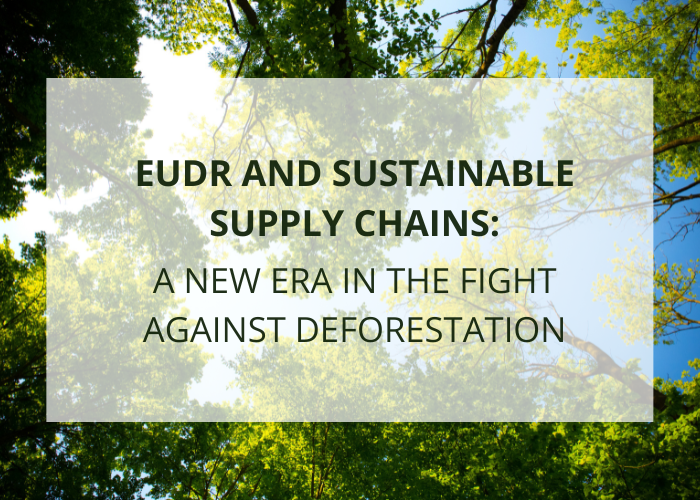EUDR and Sustainable Supply Chains: A New Era in the Fight Against DeforestationTRAINING COURSE FOR JOURNALISTS, 12th FEBRUARY 2025
- 13 February 2025
- Posted by: Competere
- Category: events

EUDR and Sustainable Supply Chains: a New Era in the Fight Against Deforestation
.
12th February 2025
On Wednesday, February 12, we hosted 70 journalists for a closed-door training session titled “EUDR and Sustainable Supply Chains: a New Era in the Fight Against Deforestation.” Moderated by journalists Angelo Di Mambro (Euractiv) and Stefano Santi (9Colonne), the event explored the European Union Deforestation Regulation (EUDR) and its impact on key sectors such as palm oil and the meat supply chain.
Key Takeaways
Pietro Paganini provided an in-depth analysis of the EUDR:
- The regulation aims to ensure that products imported into and exported from the European Union do not contribute to global deforestation, with the ultimate goal of achieving zero deforestation by 2030.
- While it officially came into force in June 2023, its implementation has been postponed by a year due to the absence of clear and practical guidelines for stakeholders. However, several challenges remain, including the risk of regulatory misalignment among EU Member States and a potential loss of market competitiveness.
Professor Maria Vincenza Chiriacò, a scientific researcher at the CMCC Foundation, highlighted sustainable palm oil as the most environmentally efficient solution:
- Compared to other vegetable oils, such as soybean, rapeseed, and sunflower oil, palm oil stands out for its superior production efficiency. Replacing it with alternative vegetable sources would lead to higher greenhouse gas emissions and an increased risk of deforestation.
- If the entire palm oil industry became deforestation-free, its associated greenhouse gas emissions would decrease by 92%. Sustainable palm oil is, therefore, the only viable alternative to conventional palm oil.
Mauro Fontana, a technical-scientific consultant in the food sector, added:
- Today, palm oil accounts for less than 5% of global annual deforestation, thanks to the growing adoption of sustainable palm oil.
- To address future challenges, innovative solutions are required, including stronger collaboration among stakeholders, advanced research, training, awareness campaigns, and more responsible individual choices.
Professor Giuseppe Pulina from the University of Sassari highlighted the challenges that the EUDR could pose for the Italian meat supply chain:
- The sector is valued at €20 billion but is experiencing a critical downturn, with self-sufficiency levels dropping to 40%—the lowest among EU countries. As a result, Italy relies on imports from countries such as Poland, France, and Brazil.
- The EUDR risks further weakening Italy’s meat and leather industries by imposing heavy bureaucratic burdens, some of which may be difficult to implement. This could drive production to relocate to countries such as Turkey and China.
Why training courses?
This seminar series is designed to equip journalists with essential tools and knowledge, enabling them to better understand European policies and provide clear, well-informed reporting to the public. We have been working closely with journalist associations for years, as they have identified a pressing need for greater awareness of European policies and their broader implications.
If you’re interested in exploring European topics further or organizing informational seminars, get in touch with us!
